Share this post!

Essential oils have become a staple in the world of natural wellness, offering a wide range of benefits for both physical and mental well-being. These aromatic extracts have gained popularity not only for their pleasant scents but also for their therapeutic properties. In this comprehensive review, we will delve into the 20 best essential oils, exploring their unique qualities and potential benefits. Whether you're new to essential oils or a seasoned enthusiast, this guide will help you make informed choices about which oils to incorporate into your daily routine.
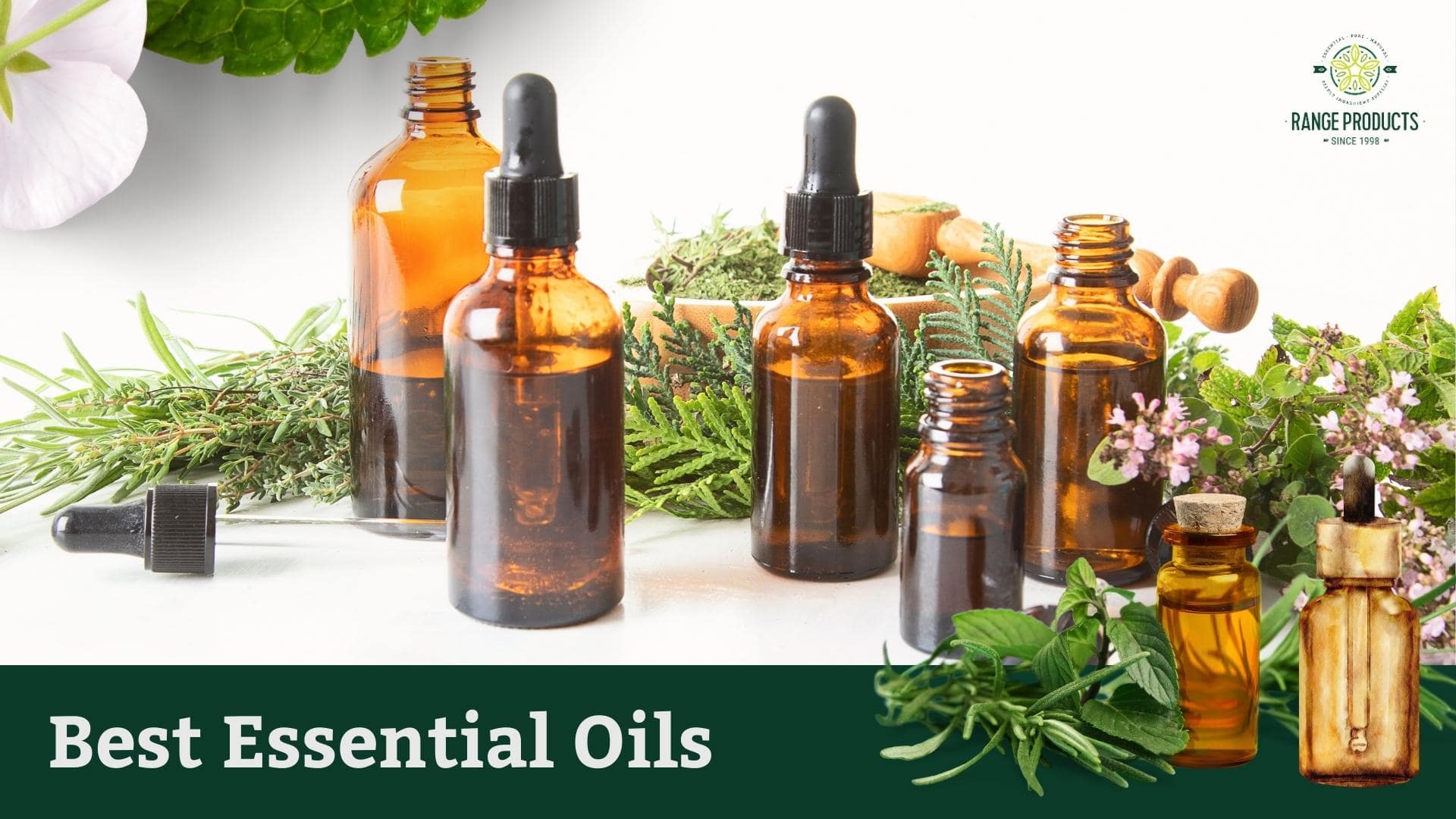
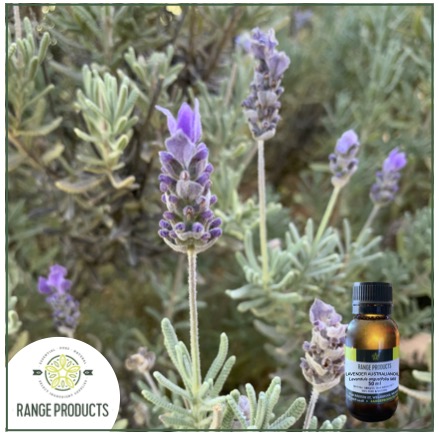
Lavender essential oil is a staple in many households for its versatility. It's widely used for relaxation and stress relief, making it a popular choice for diffusers and bedtime routines. Its anti-inflammatory properties also make it excellent for skincare, particularly for soothing minor burns or irritations. However, it's essential to conduct a patch test as it may cause skin irritation for some individuals.
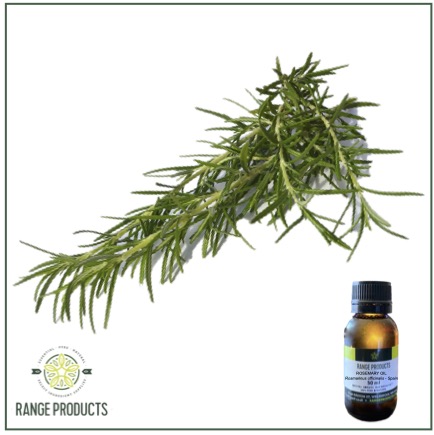
Rosemary essential oil is not just a kitchen herb; it's a powerful essential oil known for its energising effects. It's particularly useful for those who need to focus or study, making it a popular choice for diffusing in workspaces. However, it's not recommended for pregnant women, so consult a healthcare provider if you fall into this category.
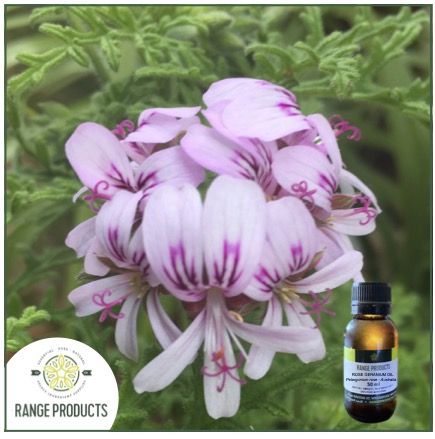
Rose Geranium is often used for its delightful aroma and mood-enhancing properties. It's also known for its potential to balance hormones, making it popular among women dealing with menstrual or menopausal issues. The only downside is its higher cost, making it a bit of a luxury item.
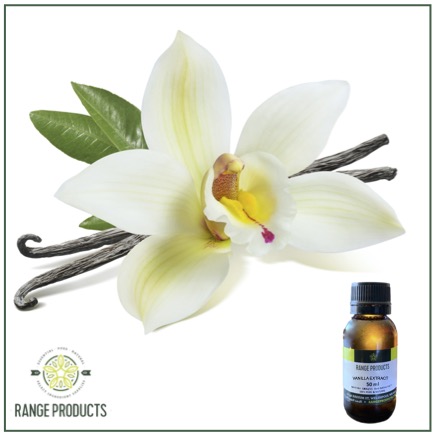
Vanilla is well-loved for its sweet aroma, making it a popular choice for uplifting mood and even for culinary uses. However, it's essential to note that pure vanilla essential oil is rare, and what is commonly available are 'absolutes' or 'infused' oils. Always check the label for purity, especially if you intend to ingest it.
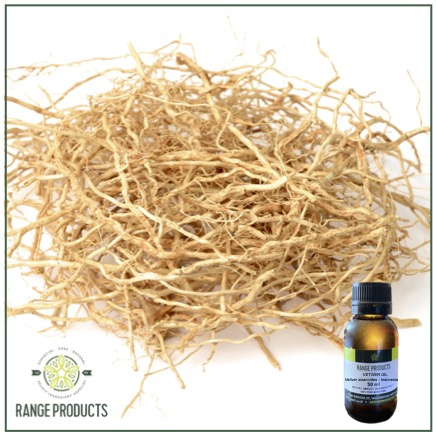
Vetiver essential oil is known for its grounding properties. Its deep, earthy aroma makes it a popular choice for relaxation and stress relief. However, its strong scent can be polarising; you either love it or you don't.
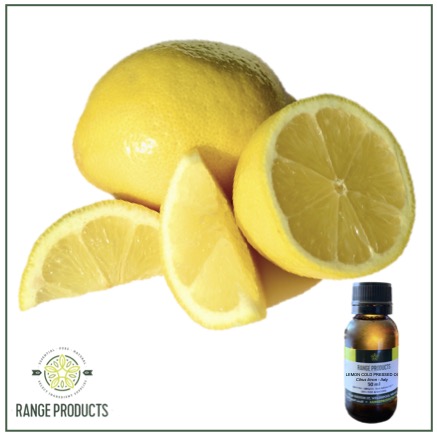
Lemon essential oil is not just for the kitchen; it's a versatile oil that can be used for mood uplifting and even cleaning. Its clean, citrusy aroma makes it a popular choice for freshening up rooms and even as a natural cleaner. However, it's phototoxic, so it should not be applied to the skin if you're planning to go out in the sun.
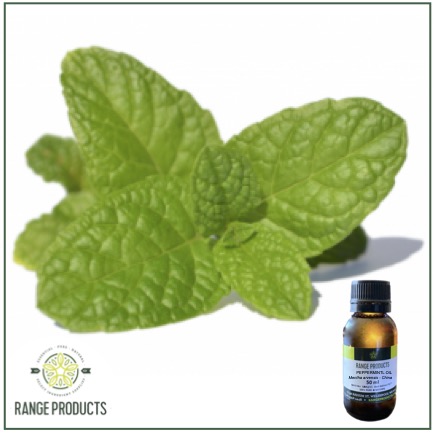
Peppermint essential oil is excellent for those who need a mental boost. It's invigorating and helps improve mental alertness. It's also beneficial for digestive issues, making it a versatile oil to have on hand. However, it's not recommended for young children or pregnant women.
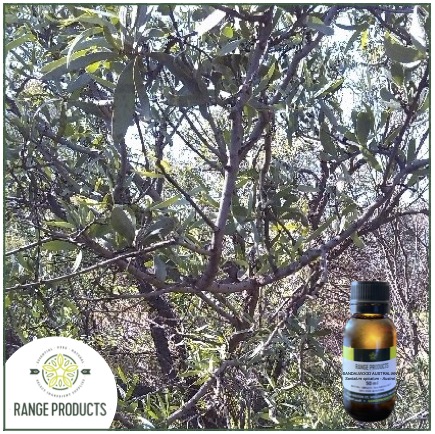
Sandalwood is highly valued for its rich, woody aroma and is often used in meditation and spiritual practices. It's also excellent for skin health, offering moisturising and anti-aging benefits. The downside is its cost; pure sandalwood essential oil is one of the more expensive oils available.
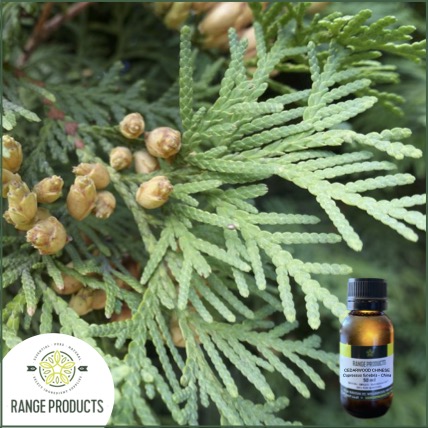
Cedarwood essential oil is known for its grounding and calming effects, making it a popular choice for relaxation and as a sleep aid. Its woody scent is both comforting and grounding. However, it may cause skin irritation for some, so a patch test is recommended.
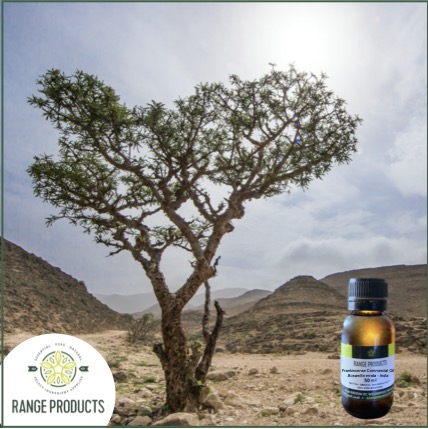
Frankincense is often referred to as the "king of essential oils" for its versatility. It's widely used in meditation and spiritual practices and is known for its anti-inflammatory properties, making it excellent for skincare. The only downside is its cost, as it can be one of the more expensive oils to purchase.
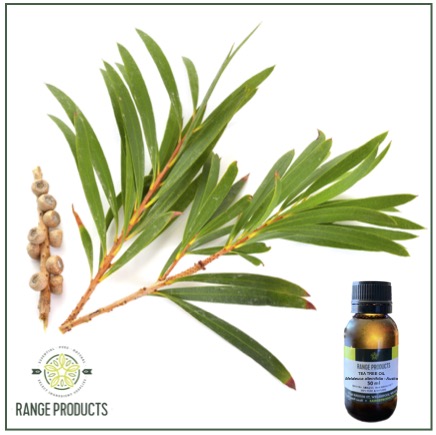
Tea Tree oil is a must-have for anyone dealing with acne or fungal infections. Its strong, medicinal aroma is highly effective, but it may not be for everyone. Always dilute it properly before applying to the skin.
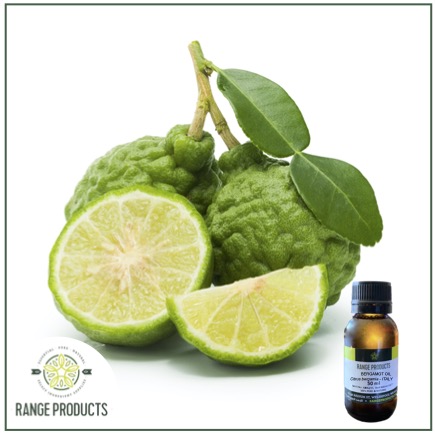
Bergamot essential oil is excellent for uplifting mood and relieving stress. Its pleasant, citrusy aroma is both refreshing and calming. However, it is phototoxic and should not be applied to the skin if you're planning to be exposed to sunlight.
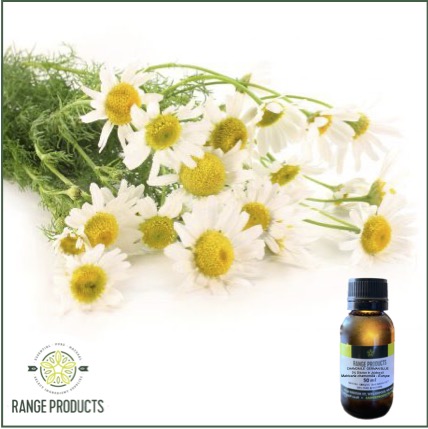
Chamomile essential oil is known for its calming effects, making it a popular choice for relaxation and as a sleep aid. Its gentle nature also makes it excellent for skin health, particularly for soothing irritations or minor burns. However, it's one of the more expensive essential oils on the market.
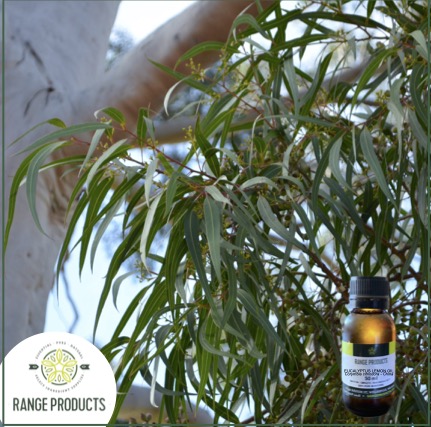
Eucalyptus essential oil is excellent for respiratory health and is often used in steam inhalations to relieve congestion. Its refreshing, menthol-like aroma is also energising. However, it's not recommended for young children or pregnant women.
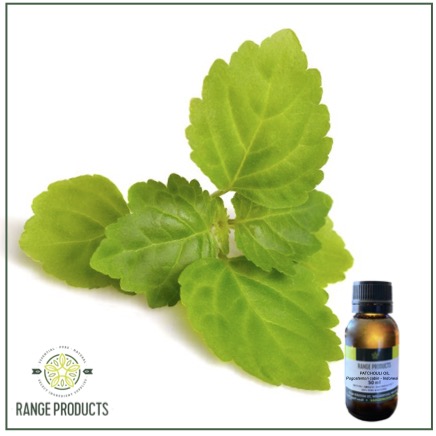
Patchouli essential oil is excellent for skin health, particularly for its anti-aging properties. Its grounding, earthy aroma is also calming and grounding. However, its strong scent can be polarising; you either love it or you don't.
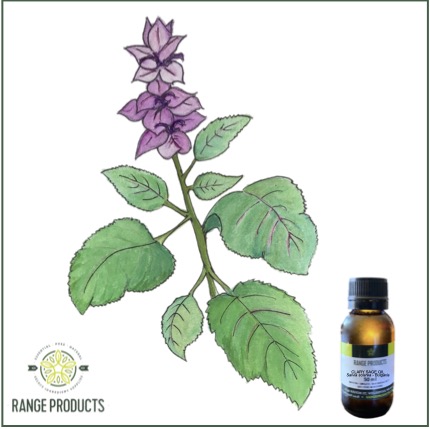
Clary Sage is known for its potential to balance hormones, making it popular among women dealing with menstrual or menopausal issues. Its calming, herbal aroma is also excellent for stress relief. However, it's not recommended for use during pregnancy.
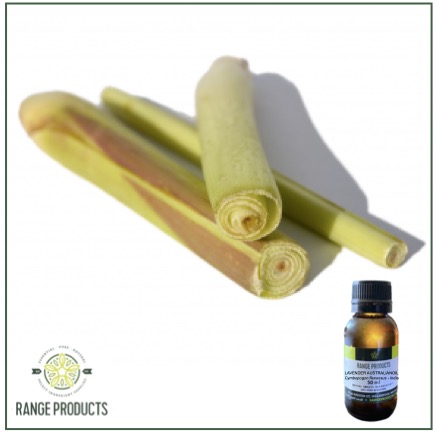
Lemongrass essential oil is excellent for those who need a quick energy boost. Its citrusy aroma is both uplifting and energising, making it a popular choice for morning routines. It's also a natural insect repellent, making it useful for outdoor activities. However, it can be irritating to the skin if not properly diluted, so always follow the recommended guidelines.
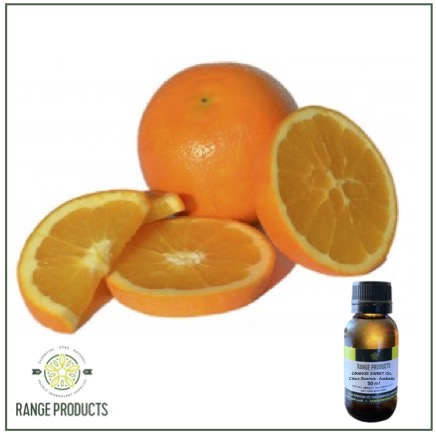
Orange Sweet essential oil is excellent for uplifting mood and even for cleaning. Its sweet, citrusy aroma makes it a popular choice for freshening up rooms and even as a natural cleaner. However, it's phototoxic, so it should not be applied to the skin if you're planning to go out in the sun.
| Oil Name | Pros | Cons | Best For |
|---|---|---|---|
| Lavender | Versatile, soothing, aids in sleep | Strong scent for some, not for early pregnancy | Stress relief and sleep improvement |
| Rosemary | Enhances cognitive function, stimulates hair growth | Avoid during pregnancy, potential skin irritation | Cognitive enhancement and hair care |
| Rose Geranium | Regulates hormones, promotes clear skin | Not for pregnancy, skin sensitivity in some | Hormone balance and skincare |
| Vanilla | Creates a warm ambiance, elevates mood | Expensive, limited therapeutic benefits | Relaxation and mood enhancement |
| Vetiver | Provides grounding, alleviates anxiety | Thick consistency, intense aroma for some | Grounding and anxiety relief |
| Lemon | Uplifts mood, effective natural cleaner | Skin photosensitivity, erodes plastic | Uplifting mood and cleaning |
| Peppermint | Relieves digestive discomfort, alleviates headaches | Use with caution around children, potential skin irritation | Digestive relief and headache relief |
| Sandalwood | Induces calm, enhances skincare | Expensive, intense aroma for some | Calming and skincare |
Using essential oils can be a rewarding experience, but it's crucial to know the proper methods for safe and effective use. Below are some common ways to use essential oils, along with some tips for each method.
For radiant skin, consider essential oils like Frankincense, Lavender, Rose Geranium, and Sandalwood. These oils can promote skin health and vitality.
It is generally recommended to dilute essential oils with a carrier oil before applying them to the skin. Direct application can lead to skin irritation, especially with certain oils.
Yes, many essential oils offer benefits for the skin, such as moisturization, soothing properties, and helping with specific skin issues like acne or dryness.
Lemon essential oil is known for its brightening properties. However, it should be used with caution on the face due to potential skin photosensitivity.
Rose geranium essential oil is often used to promote youthful-looking skin due to its ability to balance hormones and support skin health.
For glowing dark skin, consider essential oils like Frankincense, Sandalwood, and Rose Geranium. These oils can help enhance the natural radiance of your skin.
No, a diffuser is not necessary to use essential oils. You can also dilute them in carrier oils for topical application, add them to baths, or use them for cleaning purposes.
Our store is well stocked with a selection of quality essential oils, base products, carrier oils and raw ingredients. Plus, it smells amazing!
Visit us in-store to stock up on materials for your next creation.

6/138 Radium St Welshpool Western Australia 6106Australia
Showroom
9am – 3:30pm
Order pickups available
8am – 4:30pm